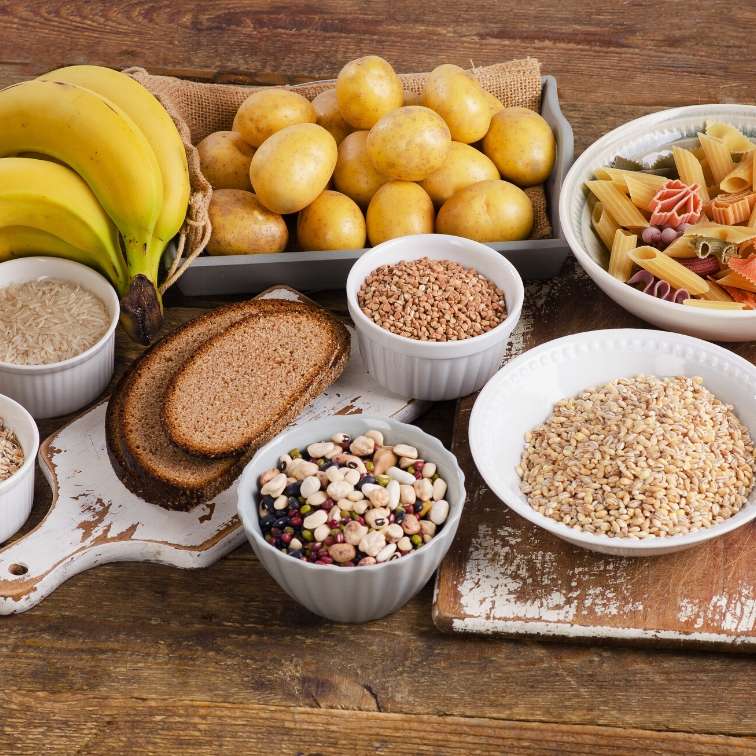
What Carbohydrates Should You Eat During Your Diet?
Your dietary choices as a swimmer can give you an edge, or sabotage all of those hours you spent training. So it's important to pay attention to what you eat and when you eat. This is especially true with carbohydrates because they make up the bulk of a swimmer's diet and fuel. From no-carb diets, to carb loading strategies, it's hard to know what is most beneficial to your performance diet. Take a look at our recommendations below:
Simple vs Complex Carbohydrates
So here is the trick. First you need to know the difference between these two carbs as this will really help you determine which ones are best to take and when to take them.
-
Simple Carbs: these are the fast-absorbed carbs. They are broken down really quickly by the body and then absorbed quickly too.
- Great for quick and short training or when you need a quick energy boost
- Examples for sugars are: fructose or sucrose
- Examples for foods are: fruits or candy, or some sports drinks (although many also have complex carbs too which, we will get to now)
-
Complex Carbs: these are the slow release type. They are broken down and absorbed slowly by the body.
- Fantastic for medium to longer exercise. They are not good for a fast energy boost, but rather for a slow, constant energy supply
- Examples for sugars are: Green vegetables, fruits, potatoes, pasta, beans, lentils, and some sports drinks.
- Examples for foods are: potatoes, pasta and some sports drinks
Let's dive into each main meal, giving you an idea of what to eat when. 
At Breakfast
This first meal of your day is important to start you off on the right foot. You need a constant supply of energy throughout the day so we need to focus, ideally, on more complex carbohydrates. Eat a healthy mix of whole grains like whole-grain pancakes, whole-wheat toast, or oatmeal. Low fiber cereal is another quick option if you're pressed for time in the morning. By starting with this substantial carb foundation, you can add in some healthy protein choices like a hard-boiled egg, peanut butter or a little scoop of a protein shake (not too much as it might make you feel heavy in the water).

At Lunch
Lunch is also ideally a complex carb meal, maybe with some simple carbs thrown in (if you are feeling super tired and need some quick energy). If you're pressed for time, grab a turkey sandwich on whole-wheat bread. Change up the meats to get your protein intake, but stay away from empty carbs like French rolls or white bread. If you've got more time, enjoy a piece of grilled chicken with your favorite whole wheat pasta or a side of brown rice.

For Dinner
Just because you're finished with the day, doesn't mean you can load up on unhealthy carb choices like pizza and french fries. Continue making healthy choices for dinner and your body will thank you the next morning. This is especially crucial if you have a meet the following day. Choose a plate of whole wheat pasta with lean protein and a low-fat sauce. Another option is brown rice and salmon. Add in a baked potato for added carbs and some vegetables for a healthy, nutritious side.
And Snacks?
You're going to need some carbs throughout the day if you're doing more than 90 minutes of exercise at a time. This is the amount of time most swimmers can go before vastly depleting their glycogen stores and need to refuel. Stock up on dried fruit, like apples, raisins, or apricots. Whole wheat crackers with cheese is also a good quick snack that won't weigh you down. Or check out our suggestions for snacks you can keep in your gym bag. You should also look at having a nutritious bedtime snack to ensure your body has all the nutrients it needs to repair, and prepare for the next day.

During a Workout
This is where you need a mix of both complex and simple carbohydrates. Great examples are some sports drinks out there that have a mixture of both.
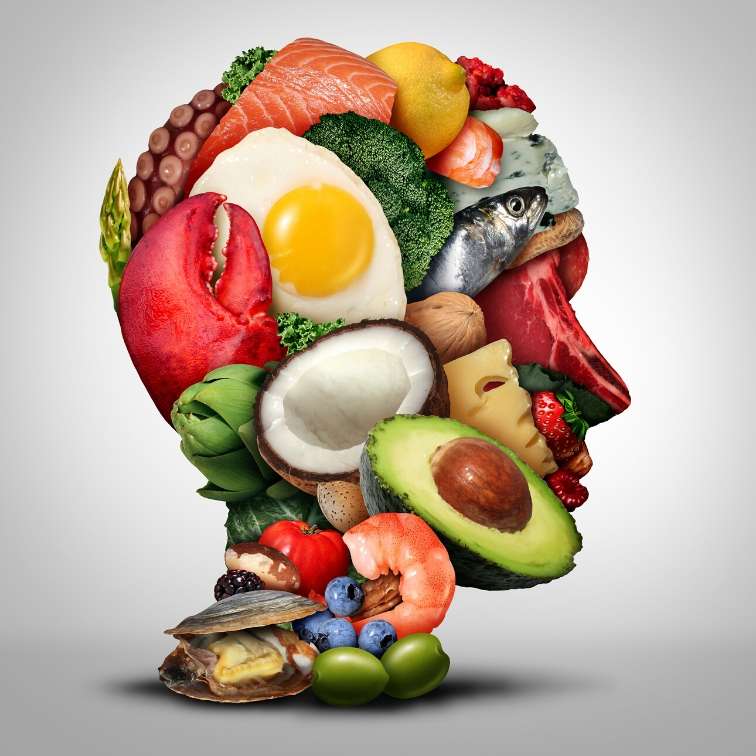
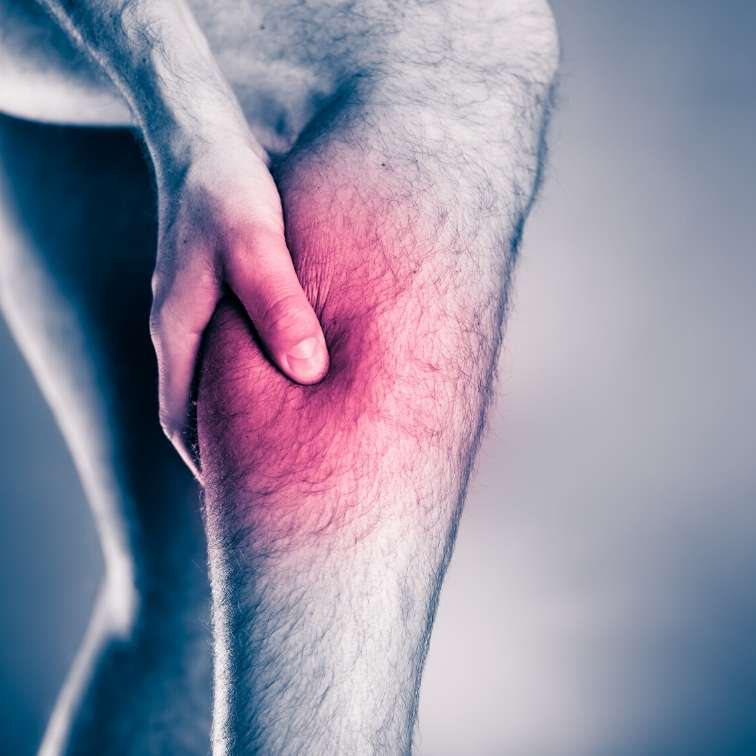






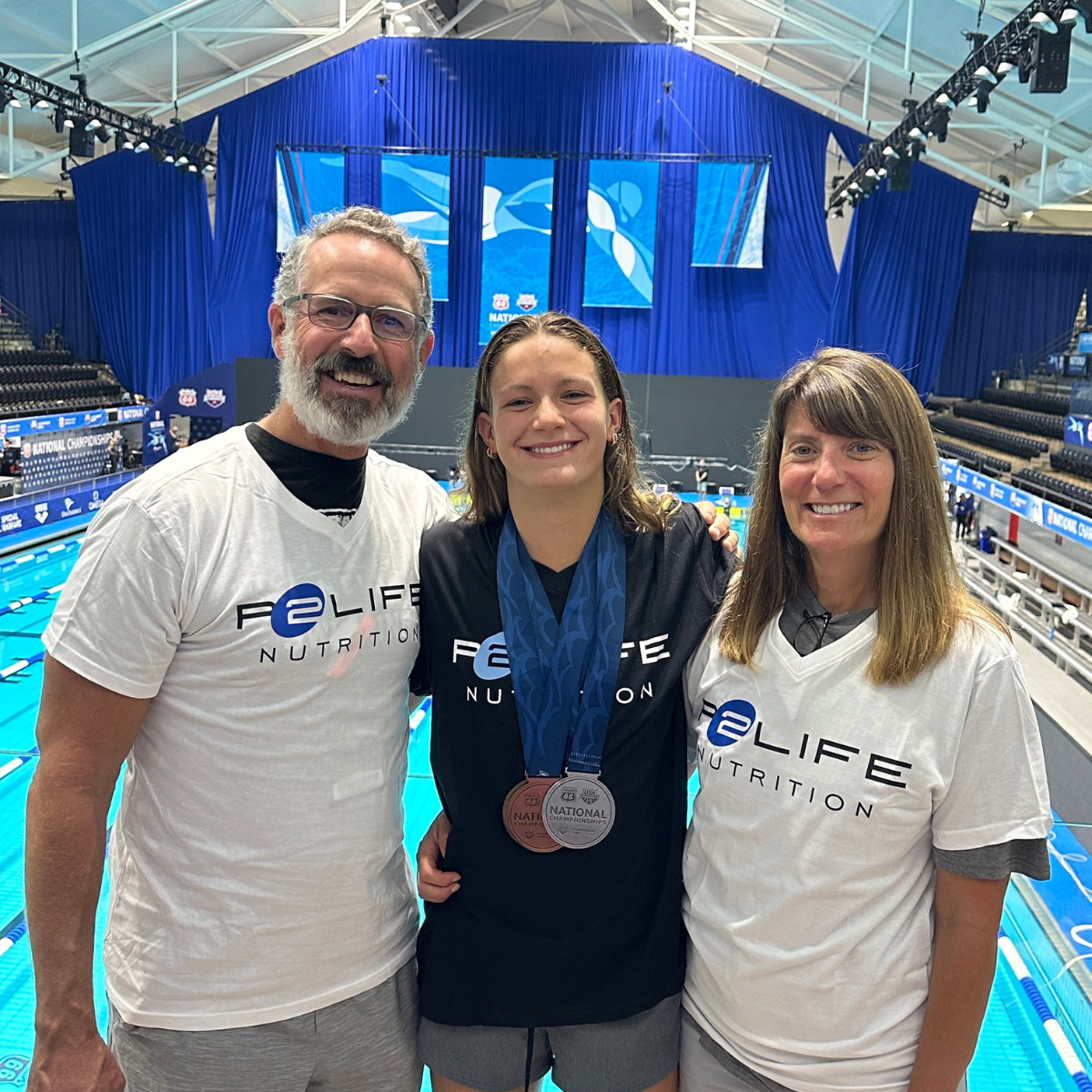
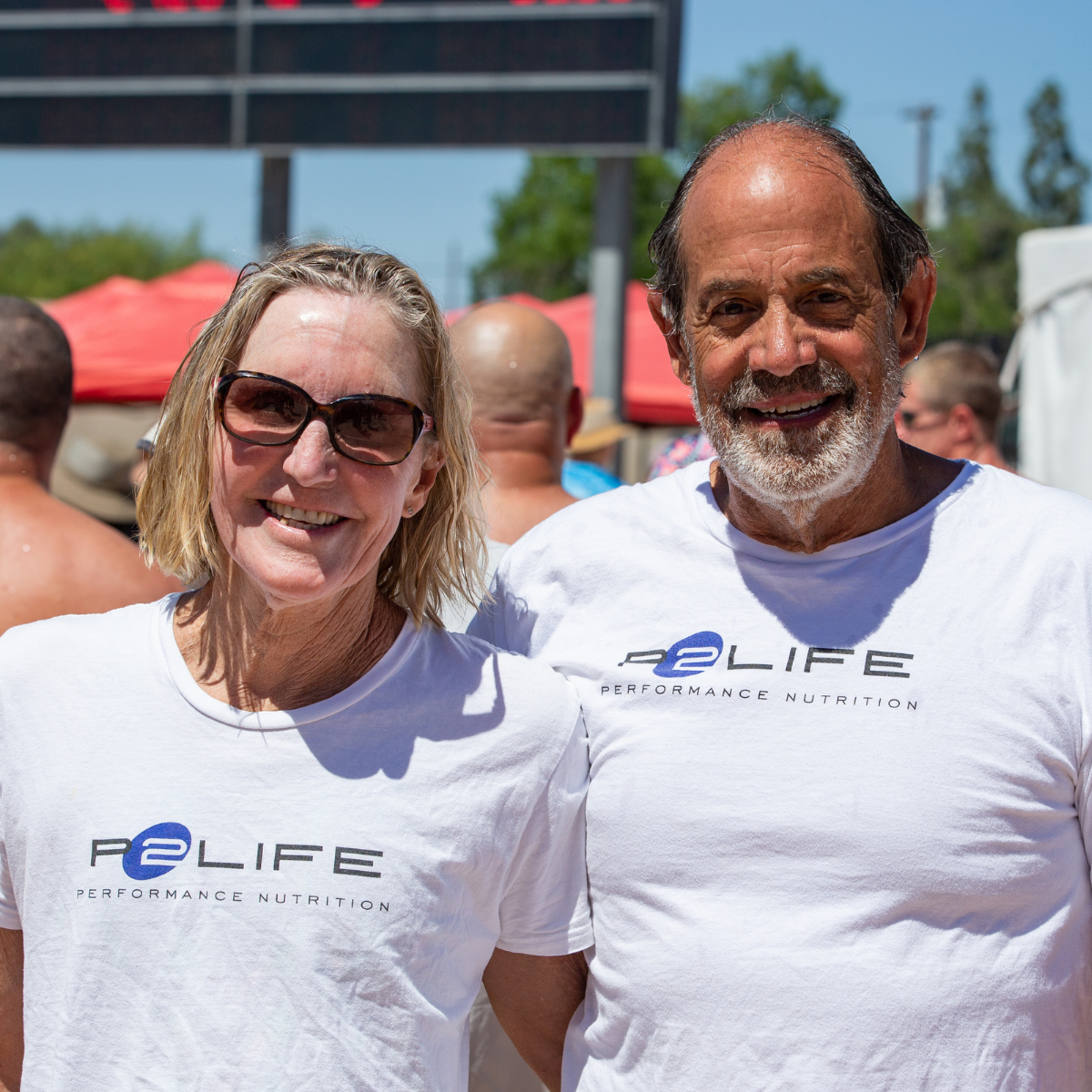
1 comment
I am 66 years old and a Master Swimmer in Wisconsin. What do you recommend to eat at a swim meet, during the meet? I swam this past Sunday and bettered my time from nationals by 1 second in each event. I felt great, but started to fatigue after about an hour. I convinced my husband we needed to stop and eat and felt better. I got home and rested some more, fell asleep on the couch, made dinner with cod, salad, veggies, milk, and water. I did not swim today from 6-7:30 am, because I still felt so tired. Do you think starting on the nutiboost and vitamins will help with the post race fatigue and training? My box just arrived today.
Barbara Lemm
Leave a comment
This site is protected by hCaptcha and the hCaptcha Privacy Policy and Terms of Service apply.